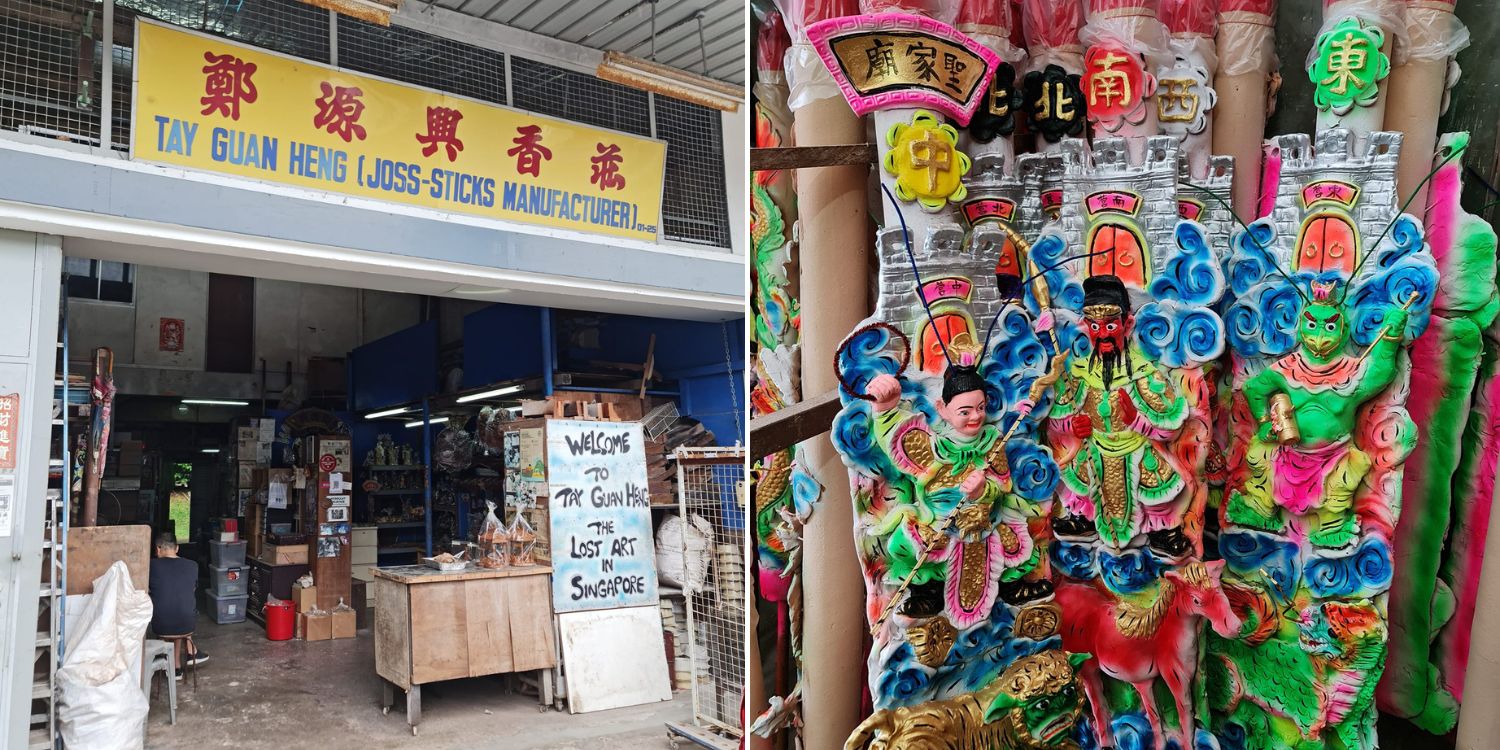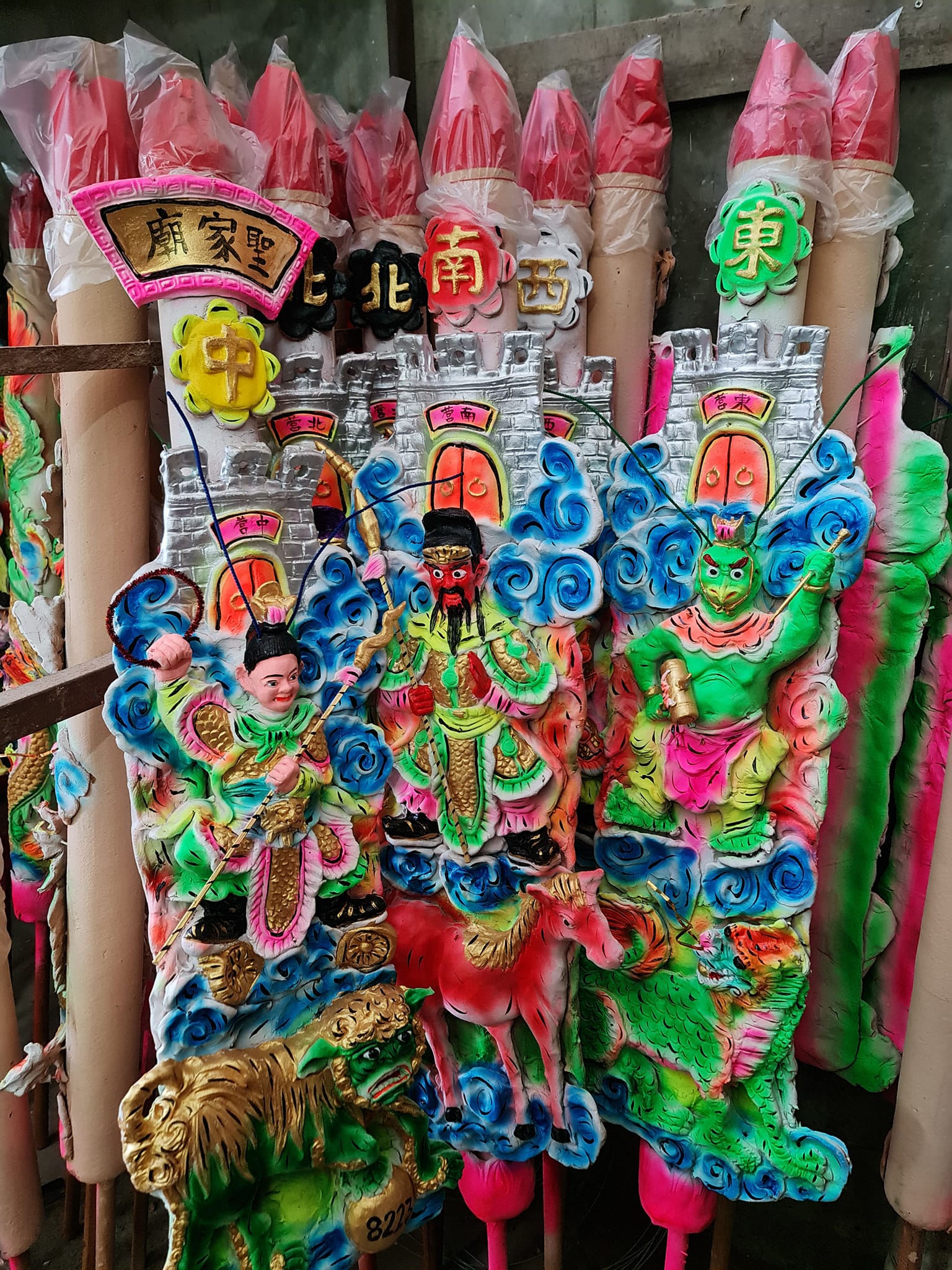Ang Mo Kio Joss Stick Factory Closing For Good After 90 Years
In an increasingly digitalised world, traditional trades are becoming less prevalent, with many physical stores closing down their businesses for good.
The experts at Tay Guang Heng Joss-Sticks Manufacturer are the latest to join this list.
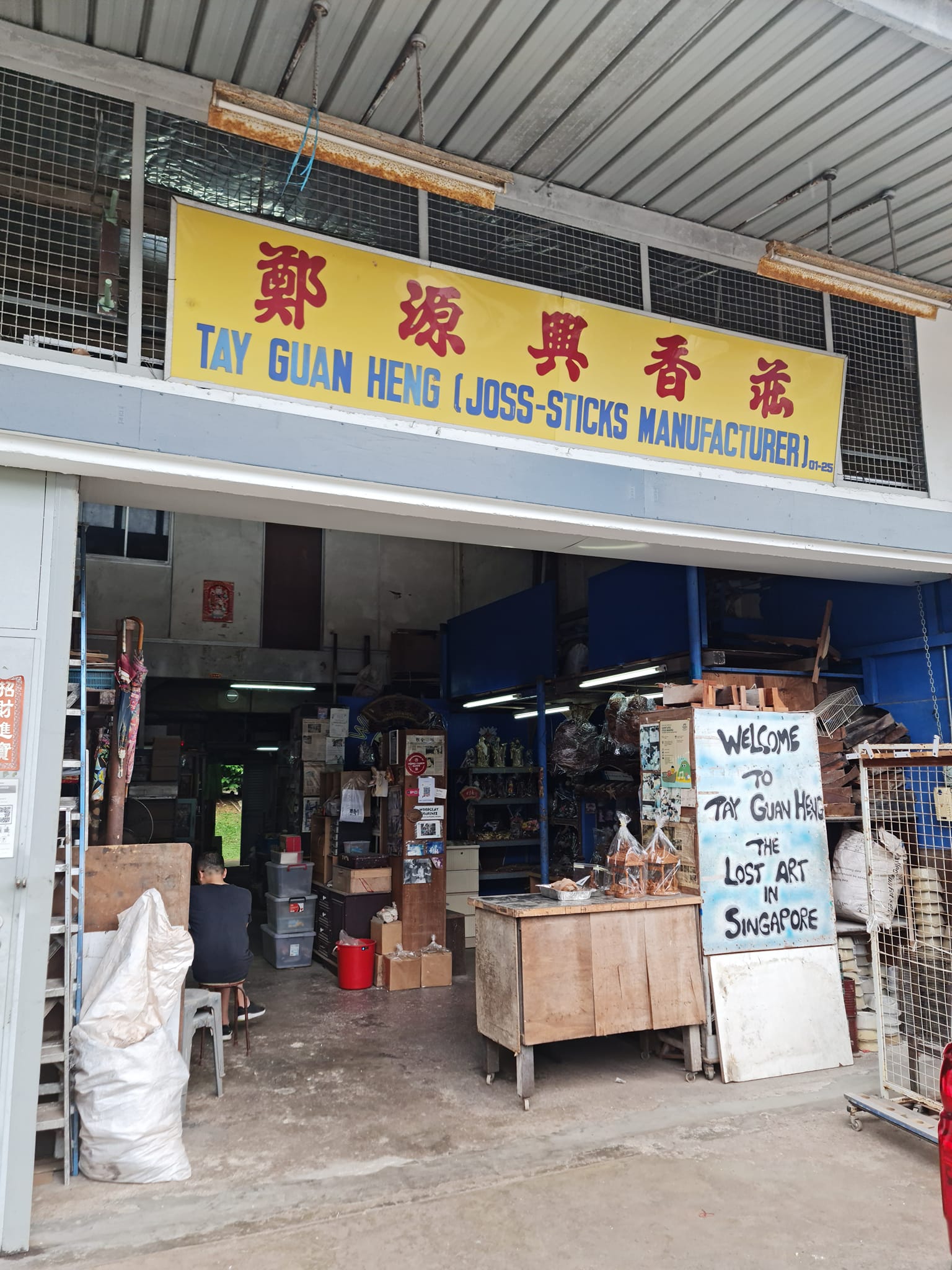
Source: Facebook
The joss stick factory in Ang Mo Kio is finally closing after 90 years in business, with their last day set on 4 Dec 2022.
Although they are shutting down their doors for good, the family behind the intricate wooden and clay joss sticks has said they may still take small online orders.
Ang Mo Kio joss stick factory closing down for good on 4 Dec
On Wednesday (9 Nov), Albert and Steven Tay – the current generation behind Tay Guan Heng – announced on Facebook that they’ll be closing the business after almost 90 years.
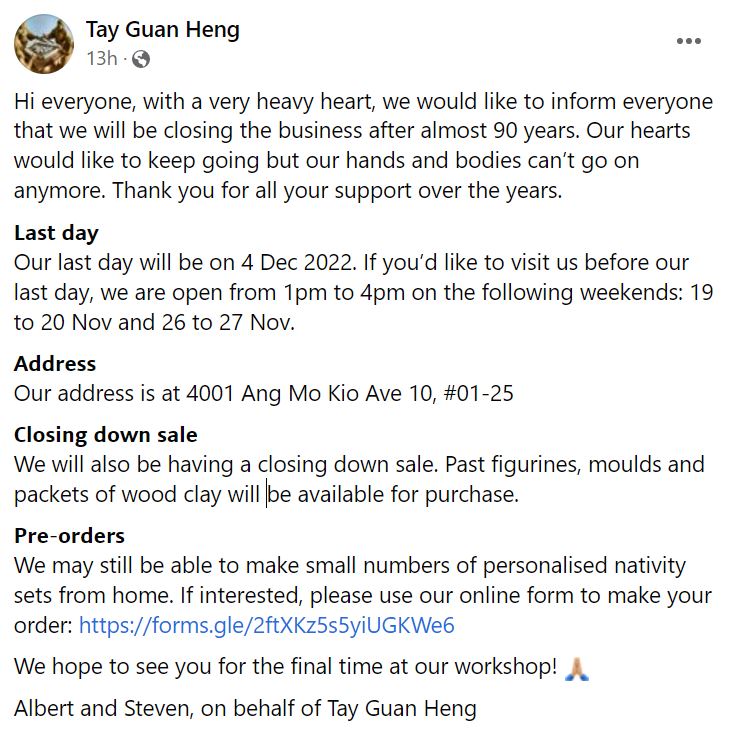
Source: Tay Guan Heng on Facebook
Explaining the move, the duo shared that their “hands and bodies can’t go on anymore”.
Their last day of operation will be on 4 Dec 2022.
Those who wish to visit them before their closure may do so over the next two weekends – 19 Nov to 20 Nov and 26 to 27 Nov – between 1pm and 4pm.
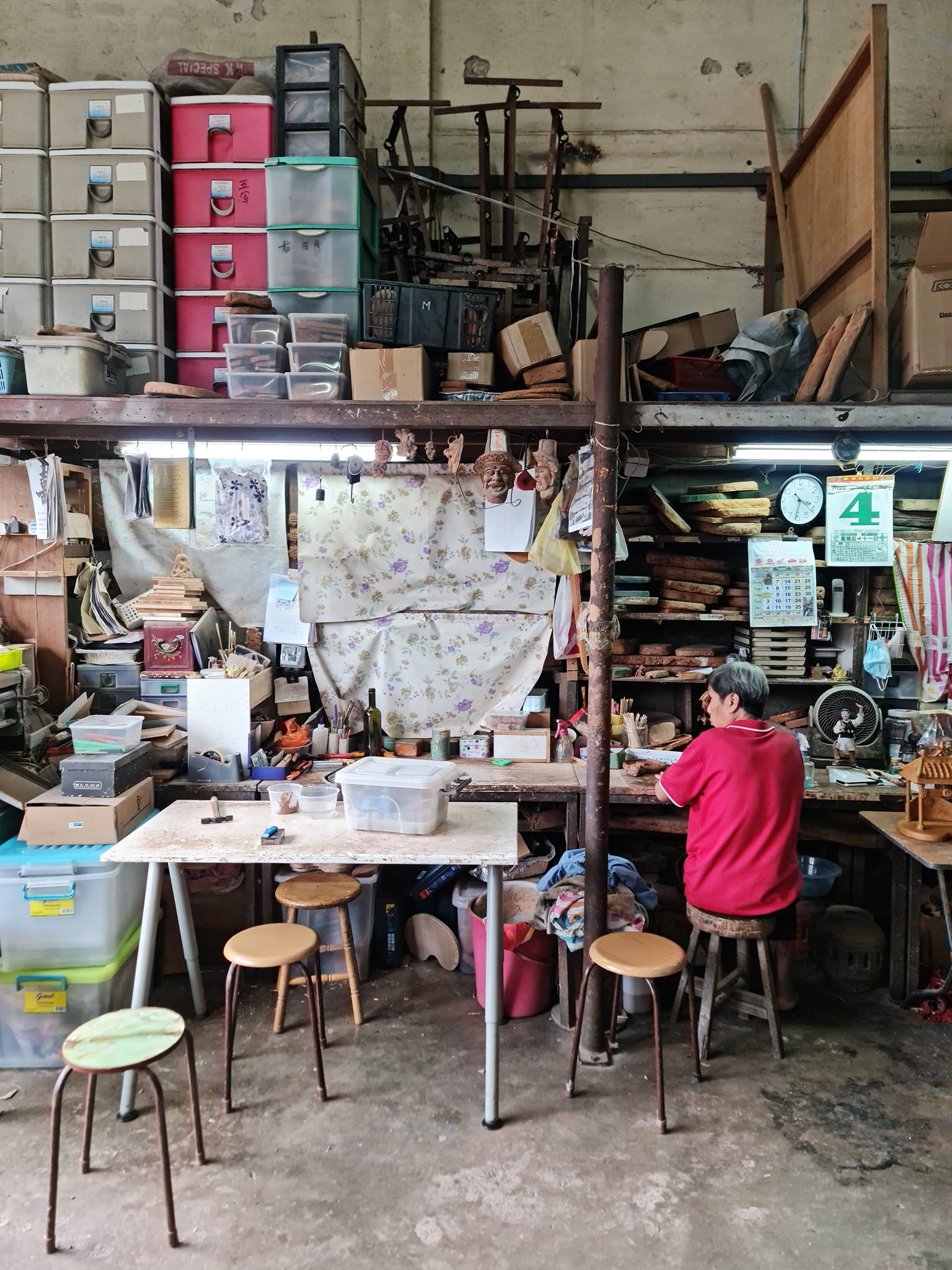
Source: Facebook
The business will also host a “closing down sale” to clear their past figurines, moulds, and packets of wood clay as part of their closure.
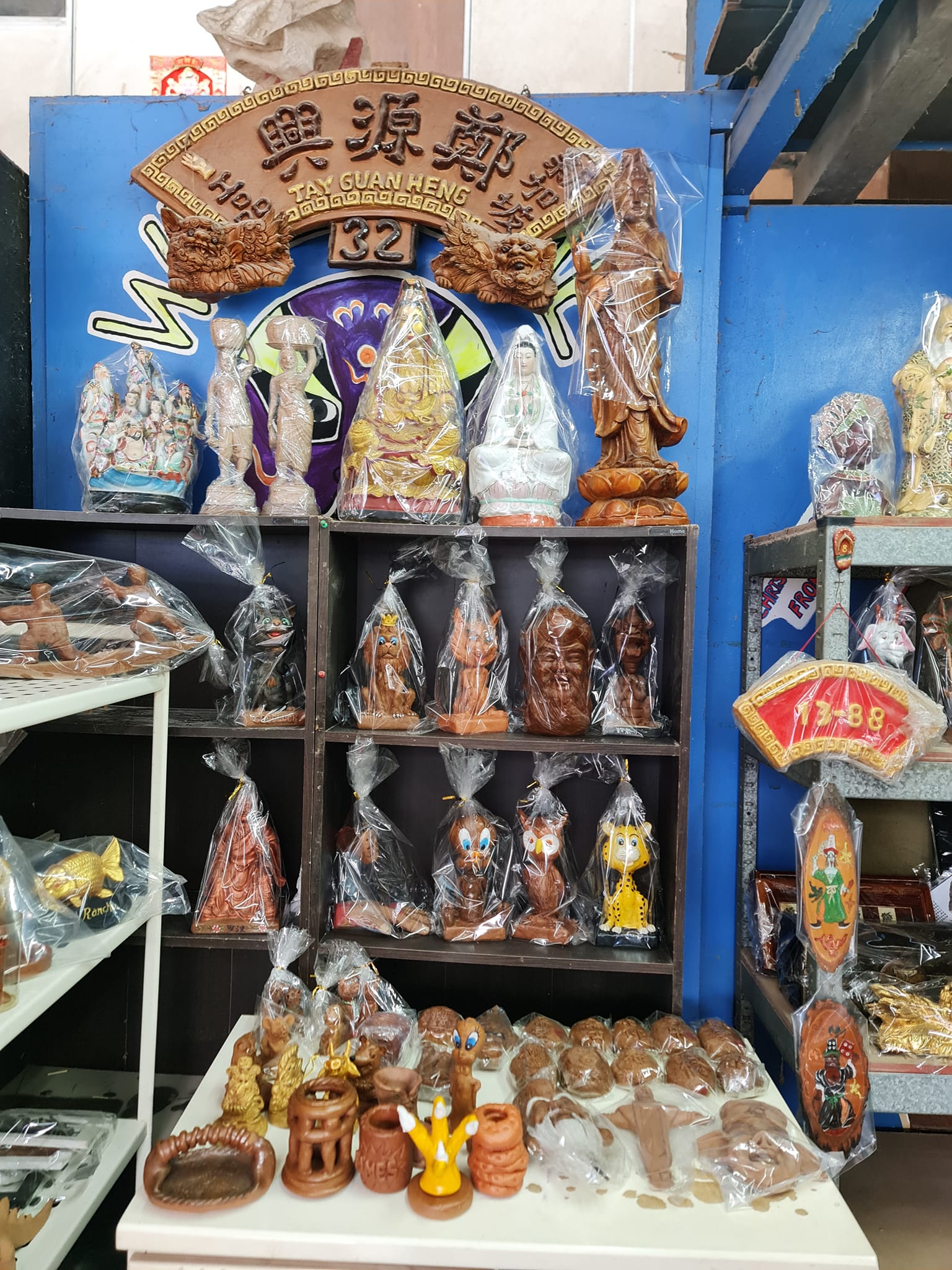
Source: Facebook
Fans of their intricate works will be glad to know that the master craftsmen will not be completely hanging up their tools for good.
According to the fourth-generation owners, they may still make small orders of personalised nativity sets for home use.
Those interested in getting one made can make an order by filling up a form here.
Intricate joss sticks can take up to 10 hours to complete
In an article by TODAY, Albert Tay reveals that a basic joss stick – without designs or carvings – takes at least four weeks to complete, with much of the time spent waiting for the joss sought to dry.
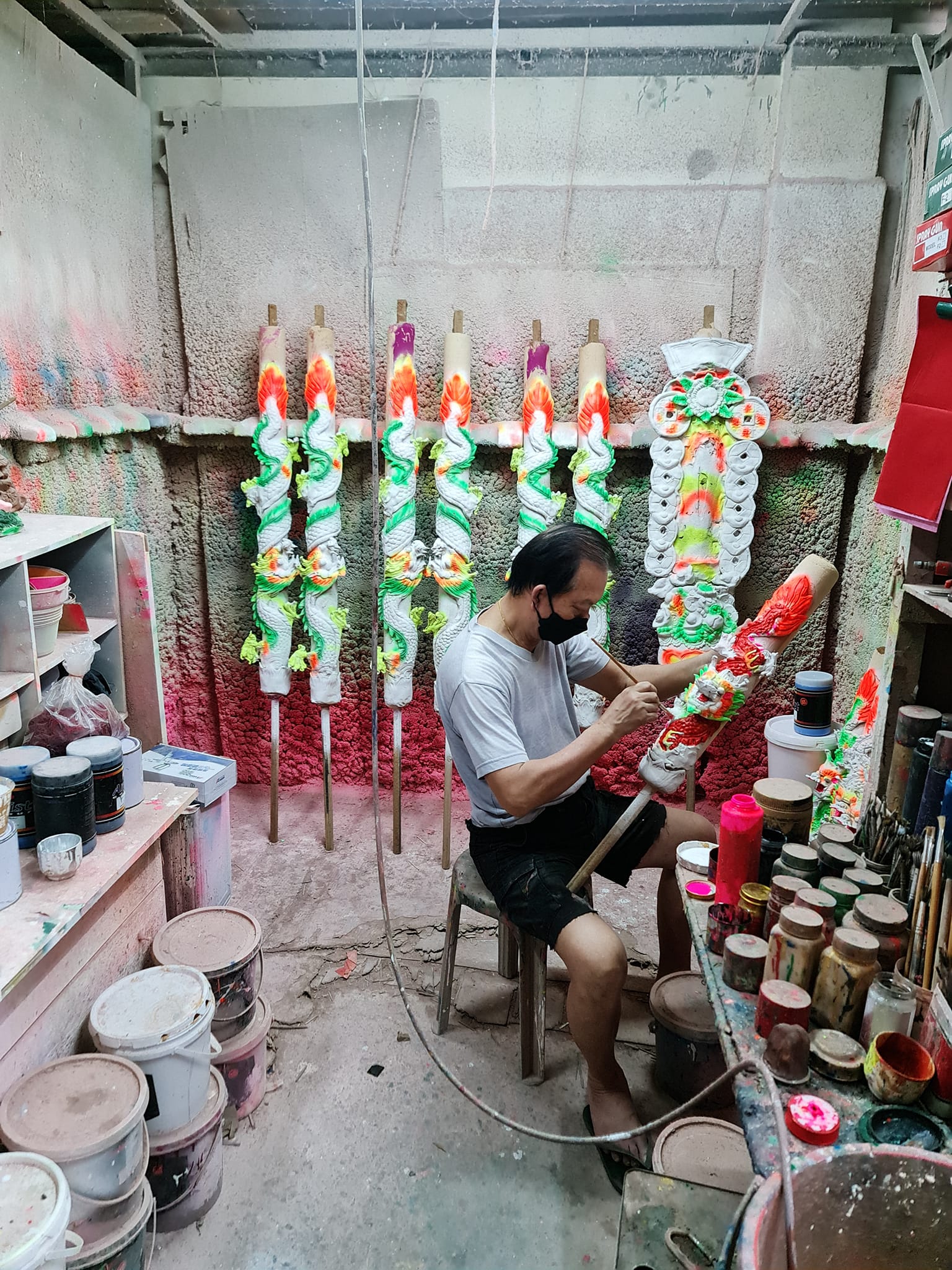
Source: Facebook
After which, design work on the joss sticks can start. Mr Tay says that simple designs usually take about 30 minutes to complete. In contrast, complex designs can take about 10 hours.
Although he acknowledges the efficiency of machinery, he explains that the unpredictable demand for his goods has put him off investing in one.
On the subject of successors, Mr Tay said he had no one in mind to impart his craft to.
His children, nephews, and nieces have “high education levels” and are set for “better” careers and futures.
While that may be the case, he says that the trade will continue to survive as long as there is demand.
Have news you must share? Get in touch with us via email at news@mustsharenews.com.
Featured image adapted from Facebook & Facebook.
